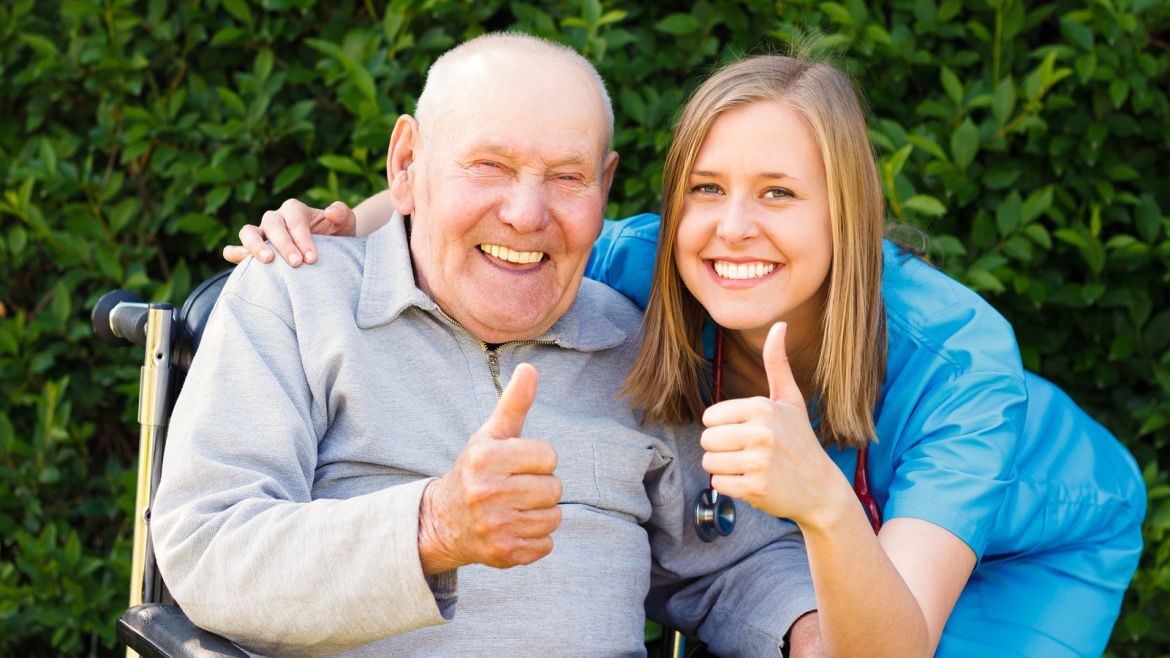Elderly companionship is a valuable and essential aspect of care for older adults that goes beyond meeting their physical needs. It involves providing emotional support, social interaction, and a sense of connection that can significantly enhance the well-being and quality of life of seniors. As individuals age, they may face challenges such as loneliness, isolation, and limited social interactions, which can have a negative impact on their mental and emotional health. Elderly companionship programs aim to address these issues by providing companionship, friendship, and support to seniors, helping them feel valued, engaged, and connected to others.
Filcare’s Elderly Companionship
 One of the key benefits of elderly companionship is the positive impact it can have on the mental and emotional well-being of older adults. Having a companion to talk to, share activities with, and spend time with can help seniors combat feelings of loneliness, depression, and isolation. Companionship provides a sense of social connection and belonging, which is important for maintaining mental health, cognitive function, and overall quality of life in older adults. Regular social interaction and companionship can boost mood, reduce stress, and improve overall emotional well-being for seniors.
One of the key benefits of elderly companionship is the positive impact it can have on the mental and emotional well-being of older adults. Having a companion to talk to, share activities with, and spend time with can help seniors combat feelings of loneliness, depression, and isolation. Companionship provides a sense of social connection and belonging, which is important for maintaining mental health, cognitive function, and overall quality of life in older adults. Regular social interaction and companionship can boost mood, reduce stress, and improve overall emotional well-being for seniors.
Additionally, elderly companionship can also help to promote physical health and well-being in older adults. Engaging in social activities, outings, and exercises with a companion can encourage seniors to stay active, maintain mobility, and participate in activities that promote physical health. Companions can provide encouragement, motivation, and support to help seniors stay engaged in life and maintain a healthy lifestyle. Regular social interaction and companionship can also help to reduce the risk of cognitive decline, improve memory and cognitive function, and enhance overall brain health in older adults.
Furthermore, elderly companionship programs often provide personalized and individualized support that meets the unique needs and preferences of each senior. Companions can offer companionship, conversation, assistance with daily tasks, transportation to appointments, and emotional support to help seniors navigate the challenges of aging. By building a trusting and supportive relationship with their companion, seniors can feel valued, respected, and cared for, which can have a profound impact on their overall well-being and quality of life.
In conclusion, elderly companionship plays a vital role in supporting the emotional, social, and physical well-being of older adults, helping them stay connected, engaged, and fulfilled as they age. By providing companionship, friendship, and support, elderly companionship programs contribute to the overall health and quality of life of seniors, promoting social connection, emotional well-being, and physical health. Investing in elderly companionship programs is essential for addressing the social and emotional needs of older adults, enhancing their quality of life, and promoting healthy aging.


